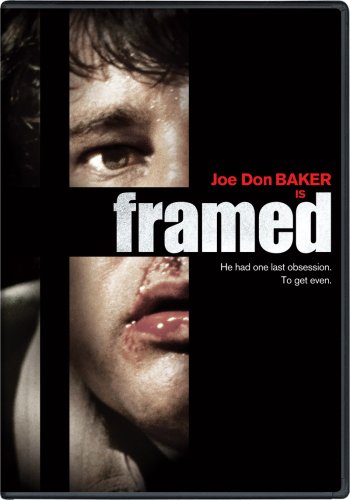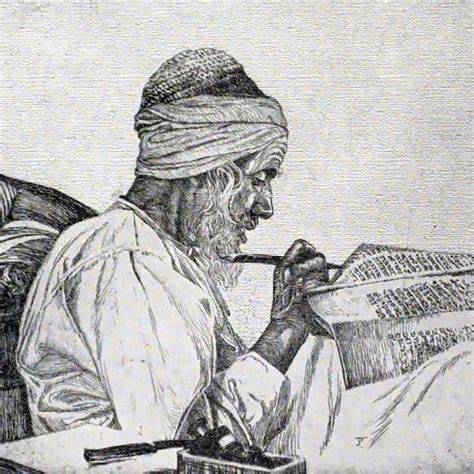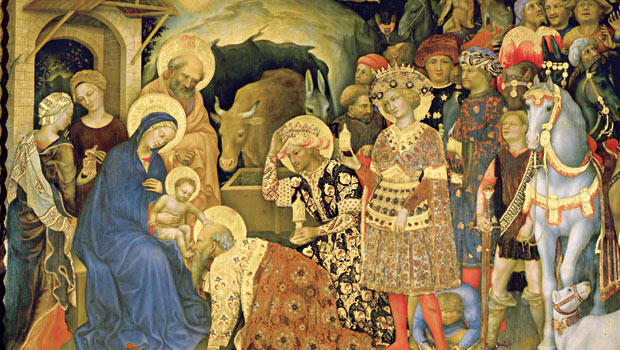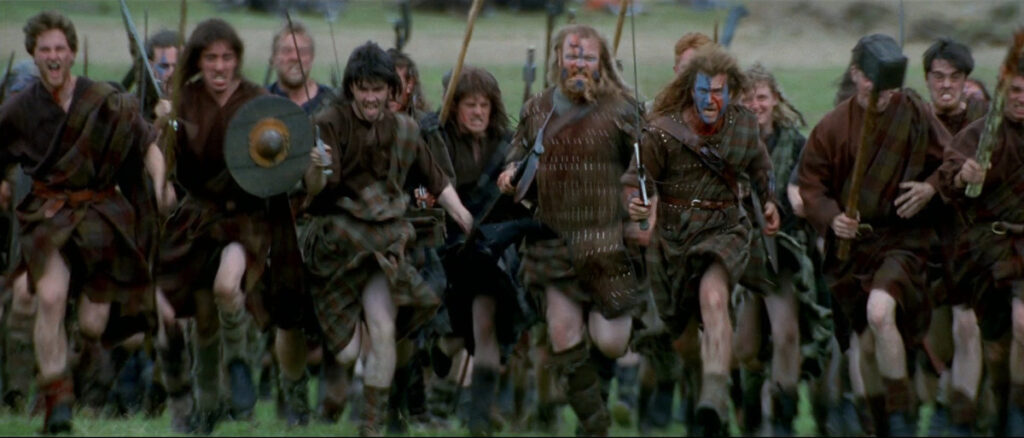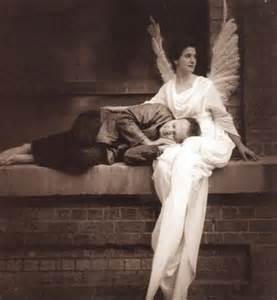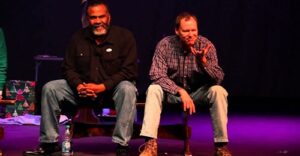My Day in Prison
Way back in the day I did a film entitled Framed staring Joe Don Baker and John Marley. Joe Don made the Louisville Slugger famous in Walking Tall and John Marley made famous the consequence of refusing an offer from a Mafia Don in The Godfather and ending up with the head of his prize horse in his bed.
Before the old Nashville prison was closed for good it was used for film sets. It still housed legit prisoners, but what Hollywood wanted, Hollywood got, and Hollywood wanted this prison, with its real prisoners, supplemented with actors.
I was cast as a prisoner. My character was lucky enough to have a credited name, “Lenny,” and not a descriptor, “Prisoner #3 lifting weights.” My sole job was to grab John Marley from behind and hold him while another prisoner smacked Marley around. Then Joe Don was to step up, give us his best menacing face and scare us off. Easy right?
The director staged the scene and we rehearsed with the stunt coordinator. Just in case there was a mishap mattresses were placed around us on the ground. To say I was nervous would be an understatement. On the first rehearsal my nerves got the best of me. I grabbed Marley from behind and fell backwards onto the mattress with Marley landing on top of me. Not a part of the scene. The first words out of Marley’s mouth were, “This s.o.b. is trying to kill me.”
Though humiliated, I managed to get through the scene without killing the Academy Award nominee. The real prisoners standing around in the yard found all this amusing. Between shots I was able to strike up some friendly conversations with some of the guys. I’m sure they were more interested in the cigarettes they could bum from me, but still it was fun hanging out with them.
That is until it was time for the next shot and I was called back to the set. Because of my authentic prison costume the authentic guards thought I was trying to pull a fast one when I began to walk past them. The director had to vouch for me. It’s all in who you know. Apparently, he didn’t hold it against me that I almost “killed” one of his stars.
Every so often I get some mailbox money from Framed. The last check came in at $0.03. The gross was $0.05, but the IRS took two cents to cover the cost of…what exactly, I don’t know. It is a mystery, but who says crime doesn’t pay?

